Know one knows whether death, which people fear to be the greatest evil, may not be the greatest good
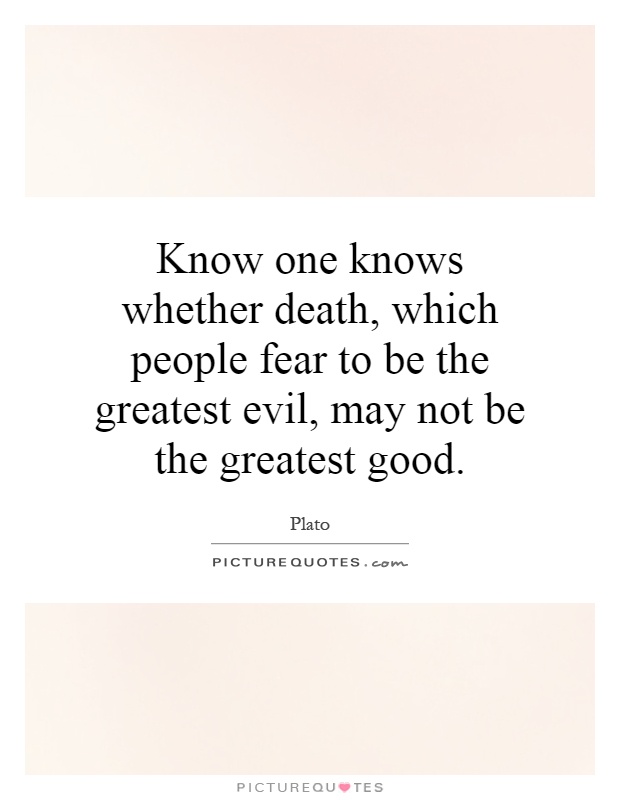
Know one knows whether death, which people fear to be the greatest evil, may not be the greatest good
In the context of Plato's philosophy, the idea that death may not be the greatest evil but rather the greatest good is a thought-provoking concept that challenges traditional beliefs about the nature of life and death. Plato, a renowned ancient Greek philosopher, delved deeply into questions about the nature of existence, the soul, and the afterlife in his dialogues, particularly in works such as "Phaedo" and "The Republic."One of the central themes in Plato's philosophy is the belief in the immortality of the soul. According to Plato, the soul is eternal and exists independently of the physical body. In "Phaedo," Plato presents the character of Socrates, who argues that the soul is immortal and that death is not something to be feared but rather a release from the limitations of the physical world. Socrates believes that the soul is purified through philosophical contemplation and that death is a transition to a higher state of existence.
Plato also explores the idea of the afterlife in "The Republic," where he describes a vision of the afterlife in which souls are judged based on their actions in life. Those who have lived virtuously are rewarded with a blissful existence in the "Isles of the Blessed," while those who have lived wickedly are punished in the underworld. In this context, death is not the end but rather a continuation of the soul's journey towards ultimate truth and enlightenment.
The concept that death may be the greatest good rather than the greatest evil challenges our conventional understanding of mortality and raises profound questions about the nature of existence. For Plato, death is not something to be feared but rather a natural part of the cycle of life and a gateway to a higher state of being. By contemplating the nature of death and the immortality of the soul, Plato invites us to reconsider our assumptions about the meaning of life and the ultimate destiny of the human soul.

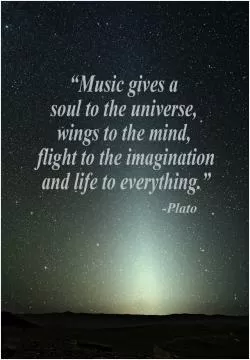
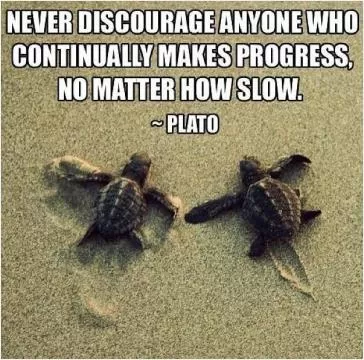






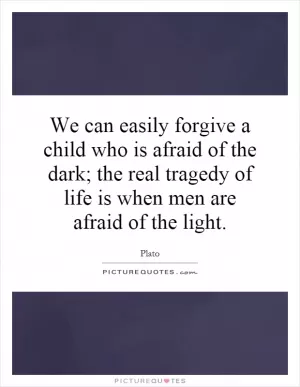
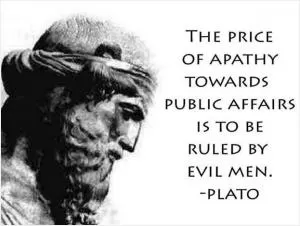

 Friendship Quotes
Friendship Quotes Love Quotes
Love Quotes Life Quotes
Life Quotes Funny Quotes
Funny Quotes Motivational Quotes
Motivational Quotes Inspirational Quotes
Inspirational Quotes